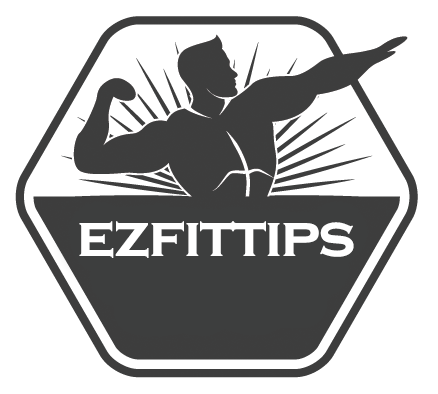Whether you opt for an animal-free diet, do not tolerate whey protein or are trying to increase your dietary variety, consuming more plant protein is a good option. Adding animal protein to the diet is relatively straightforward: Grill a steak, crack open some eggs or blend some whey in a shake. Animal proteins are an easy addition to a balanced meal; think baked potato, chicken breast and broccoli. Taking away that chicken breast suddenly creates a gap in the nutritional balance of that plate, and replacing it with a plant-based option can get tricky.
Here are some tips for optimizing plant proteins for performance, so you can choose options best for your health and fitness:
Animal proteins do not contain fiber, and research shows those who have meat-heavy diets typically fall short on consuming the recommended amount of fiber. Adding more plant proteins like beans, legumes and some grains to your diet is an excellent way to consume fiber without slacking on protein.
Higher fiber intake is associated with a reduced risk of many chronic outcomes such as kidney disease, cancer and cardiovascular disease. There’s no denying fiber is good for us, however there is a downside: gastric distress. Fiber is difficult on the GI system and ramping up intake of plant foods can cause an increase in flatulence, bloating and other issues that make exercise uncomfortable.
Takeaway: Slowly ramp up your consumption of plant foods while consuming additional water to help the digestive system adjust.
There was a time when plant proteins were thought to be inferior and incomplete. While there is some truth to this, it isn’t something most of us need to be concerned about. A complete protein is one that contains all the amino acids your body needs to obtain through food sources. When you look at the nutrition profile of most plant proteins, there is at least one absent amino acid, defining it as incomplete.
Quinoa is an example of a complete plant protein, while lentils are incomplete as they lack methionine and cysteine. Luckily, your body doesn’t need every amino acid in each bite and is capable of filling those small gaps over time. As long as your overall diet is diverse and contains many different plant proteins, your body will have all the amino acids needed for good health and performance.
Takeaway: Don’t worry about eating complete proteins as long as your diet is varied.
- READ MORE: An Athlete’s Guide to Protein Powder
Whey protein is regarded as the gold standard for muscle recovery and gains, but it certainly is not the only protein option to get the job done. The same study shows soy protein is not inferior to whey for athletes. Soy protein is a complete protein and has an amino acid profile important for immediate muscle benefits. However, if weight loss is your goal, soy might not provide the appetite satiation whey does. Soy tends to be heavily processed, however, so look for a pure form.
Or skip the soy altogether because pea protein is another plant protein option for athletes looking for muscle gains. An important player in muscle building is the amino acid leucine which is lacking or less present in some plant proteins.
Takeaway: Opt for a variety of plant protein powders and consider supplementing with additional amino acids.
Protein needs vary from person to person based on body size and goals. The general population may require .8g/kg of protein while strength and endurance athletes might need as much as 1.4g/kg. However, plant proteins are less available to the body. Meaning whatever your needs are, opting for plant-based protein over animal protein increases the amount you need to consume to have those needs met. Research suggests relying on plant proteins results in absorbing 5–10% less protein overall.
Takeaway: If you’re only eating plant proteins, increase your protein intake by 5–10% daily.
Plants are amazing sources of nutrients and can adequately meet protein needs with a little extra attention to detail. If you’re an athlete with a meat-heavy diet, make it a goal to increase the plant foods in your diet to boost your fiber intake and nutrient variety. If you’re consuming a plant-only diet, you’ll need to take extra care to make sure your diet is varied and not creating gaps or deficiencies in protein or other nutrients. Bottom line, adding plant proteins to your diet can boost fitness but only if you consume a wide variety of whole plant foods supplemented with plant protein powders, avoid overly processed meat replacements and slightly increase overall protein. If you’re struggling to have a balanced, plant-based diet or are interested in adding more plants to your diet, reach out to a sports dietitian to make sure your needs are met.









